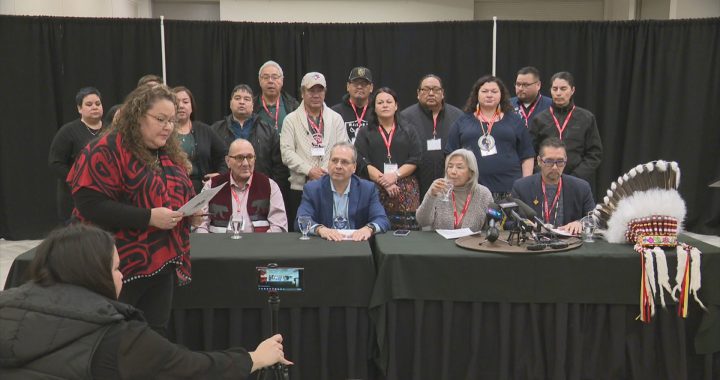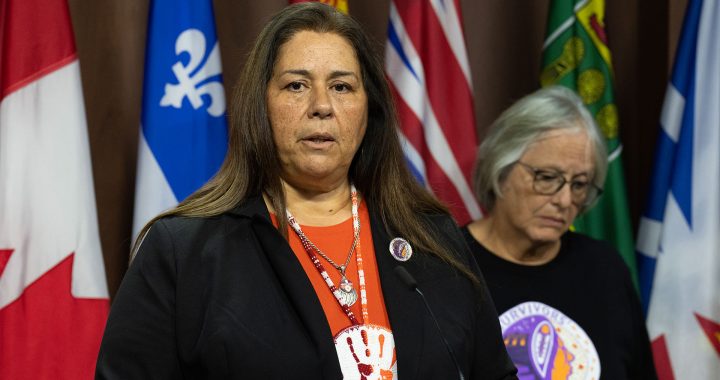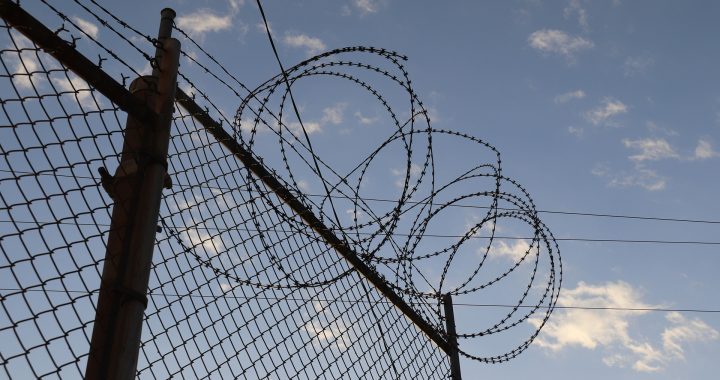InFocus
Ashleigh Cardinal is Cree from Goodfish Lake and has spent nine years working in the oil and gas industry.
Victoria Redsun is Dene-Cree from Barren Lands who has spent much of her life fighting the oil and gas industry.
Despite coming at it from different perspectives of the industry, both fear the effects that 14 work camps associated with the Coastal GasLink (CGL) pipeline will have on 20 Indigenous communities in northern B.C., particularly women and girls.
The $6.6 billion project will carry fracked natural gas from Dawson Creek in northeastern B.C., 670 km across the province to Kitimat on the west coast where it will be processed and shipped overseas.
Cardinal worked at camps in northern Alberta as a housekeeper and labourer.
At one, she reported sexual harassment by a supervisor that she felt was swept under the rug.
“The harassment went on where nobody would see, that’s why I can understand why people on social media will say that it doesn’t happen,” she said, referring to comments by people in the industry who say they’ve never seen women mistreated at camps, or by workers when they’re off the campsite in nearby communities.
“It’s happening behind closed doors where nobody can see.”
After reporting the harassment she was moved to another camp where she says abuse took a new form.
“I would be humiliated, I was degraded, belittled and yelled at and sworn at when nobody was around but he was also, the nicest guy to everybody else,” Cardinal said. “He treated me very unfairly behind closed doors and when I started confronting him he would deny it.
“I was suicidal,” she added, noting during work she often found herself calling crisis lines to get through the day. She quit in recent weeks to take a mental health break and says she’s not sure if it’s an industry she will go back to.
Redsun spent the winter at the Unis’to’ten camp, one of the Wet’suwet’en camps where land defenders and their allies demand Coastal GasLink vacate their unceded territory.
She said the pipeline route – and the worker camps associated with it — are only a few dozen kilometres from the Highway of Tears where dozens of Indigenous women have gone missing or been found murdered since the 1970s.
Many in the territory have long suspected truckers or resource-industry workers along the largely-isolated highway to be involved, and fear what more camps will mean to those living nearby.
“It’s very connected with the industry destroying the land and it’s connected with the industry destroying women as well,” said Redsun, who was part of a group that occupied one of the work camps already on the pipeline route.
“When the elders are at the man camp and when I was personally visiting the man camp, you can feel the angry spirits that are coming from the buildings. All the Elders say it too. The Ancestors of that land don’t want them there. It’s really difficult to experience, especially as a woman and being two-spirt as well, trying to heal from these really traumatizing things like sexual assault, harassment and childhood abuse and seeing your whole community being destroyed and seeing your waters being destroyed because of these men at this camp supporting an industry that has no care for human life and only cares about money.”
In 2016 Amnesty International looked at oil and gas extraction, mining, and hydroelectric development in northern B.C. and the impact of work camps associated with them.
The study found “substantial evidence of a serious problem demonstrated in the correlations between resource extraction and violence against indigenous women, girls and 2SLGBTQQIA.”
The inquiry into missing and murdered Indigenous women and girls cited these “man camps” several times as being dangerous to Indigenous women near where they operate, and noted the mountain of abuses against Indigenous women in northern Manitoba associated with hydro development man camps in the 1960s.
APTN asked CGL what they’re doing in the face of evidence of the ink between work camps and violence against Indigenous women as they’re preparing to build several along the pipeline route.
They said all workers sign a Code of Conduct contract to ensure a “positive” experience for the workers and the nearby communities.
CGL wouldn’t provide a copy of the contract.
The company said Indigenous community workforce advisors will be at the camps and they’ll have “continuous engagement with Indigenous and local communities” to address issues if any arise.












